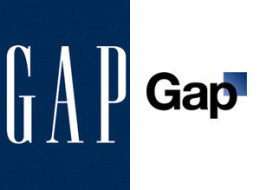Why is it important that marketing strategies be utilized and the difference between marketing and social marketing be known?One of the key aspects that I took away from the article is that 1) companies are slow to react to beneficial new opportunities, 2) companies believe just having a social media page is effective and 3) marketers are more out of touch with their audiences than I had thought.
 The article talks about companies not utilizing or offering daily deals on sites like Social Living or Groupon. Sites like that target large audiences and offer deals to customers that might not otherwise know or use your company.
The article talks about companies not utilizing or offering daily deals on sites like Social Living or Groupon. Sites like that target large audiences and offer deals to customers that might not otherwise know or use your company.Many times, a company has a Facebook, Twitter or blog. There is a major difference between having and using these sites effectively. For example, the article mentions social and non-social marketing. If you are not engaging the customers in your business, you are not partaking in social marketing. Consumers don't want to just be blasted with company updates. All too frequent Facebook or Twitter updates act the same as spam emails; we ignore them, or even get frustrated with the company. Just having a social media presence does not mean it will help your company.
One of the insights from the article that really struck a cord with me was #3: "Great writing and video productions skills are still undervalued". As a film major, I see people who have created their own small videos about their company or even made small commercials. Most of the time, the quality, writing and productions is atrocious. It makes me cringe to watch it. Regular consumers will also surely notice. Just because you believe you know your company best does not mean you have the talents to create a video. This is especially important to me because I work in video advertising, and I know how important a good video is to a company.
So back to Jacelyn's question. Companies really need to understand how to engage their audiences. No one wants to be spammed with updates. Consumers want to see videos and pictures, and get deals for being a part of what might be considered the inner circle of consumers.
Do companies you know use their social media effectively? Do you sometimes feel overwhelmed by their posts?



















